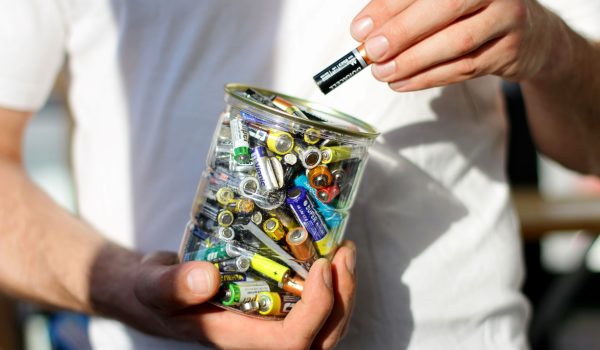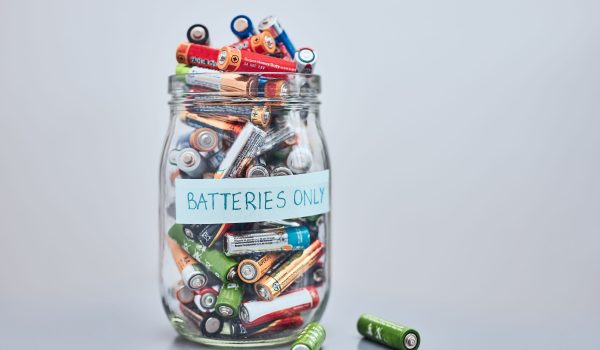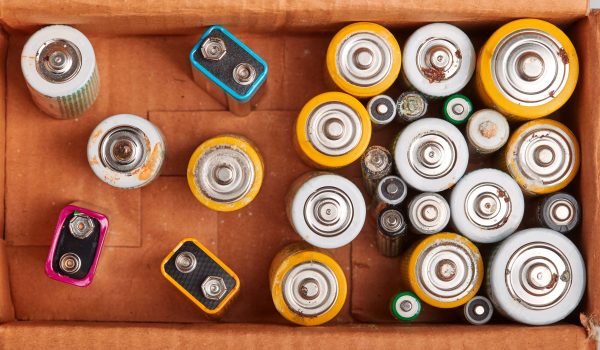Exploration batteries circularity
The realisation of a circular battery chain in the Netherlands
The purpose of this exploration is to gain insight into the value chain of batteries in the Netherlands. The exploration aims to answer the following core question: Is there a need for additional measures to support the circularity of the Dutch battery chain, and if so, what are they and what is their intended purpose? The following points are addressed:
- International developments that play a role;
- How the market, technology, and legislation are evolving;
- The scope of the task that rests on the Netherlands;
- How the chain is organized;
- Identified barriers that hinder ambitions;
- Measures and incentives that should be introduced to optimize the circularity of the Dutch battery chain.
The focus is on Lithium batteries (Li-ion), specifically NMC (nickel, manganese, cadmium), and LFP (lithium, phosphate, iron) types, as they account for over 90% in applications such as electric vehicles and machinery, stationary energy storage, and portable devices.
The exploration is based on desk research, consulting a multitude of national and international sources, and interviews involving organizations such as Auto Recycling Nederland, BCC-NL, EBRA, EPAC, Huiskes, NOWOS, OPEN, Reneos, Spiers New Technologies, Stibat, TES, TNO, Umicore (Belgium), and Van Peperzeel. The exploration was conducted with guidance from the Ministry of Infrastructure and Water Management, the Ministry of Economic Affairs and Climate, and the Battery Competence Cluster (BCC-NL).
Other relevant publications
Dutch households and empty batteries
Annual survey into the knowledge, attitude and behaviour of Dutch households regarding empty batteries
Dutch Battery Flows Monitor 2020
This report delivers a baseline study for the portable battery waste flows for the year 2019
Universally binding declaration for waste management fee for portable batteries
Notification of the universally binding declaration for the waste management fee for portable batteries valid from January 1, 2024, to December 31, 2028







